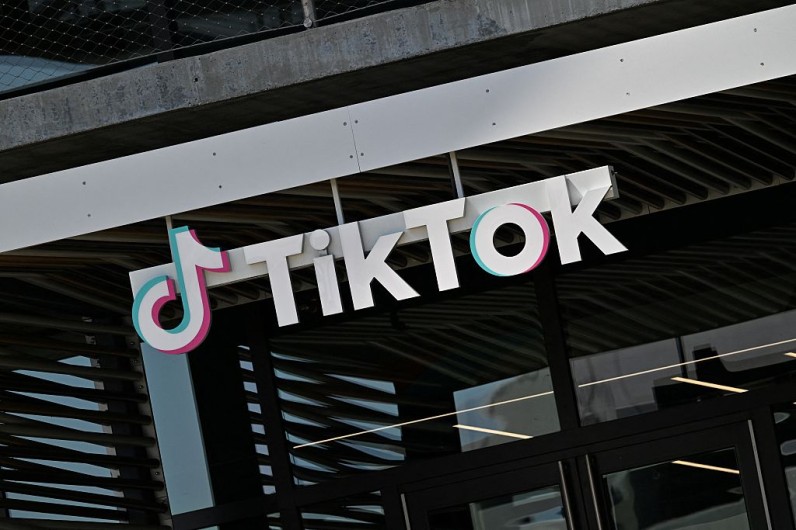
Minnesota has filed a lawsuit against TikTok, accusing the popular video-sharing app of harming teen mental health through addictive algorithms and deceptive practices.
The lawsuit was announced Tuesday by Attorney General Keith Ellison, who said the platform is targeting children in ways that may cause long-term emotional harm.
"This isn't about free speech," Ellison said. "It's about deception and manipulation. TikTok knows its product is dangerous and chooses not to protect its users—especially kids."
Filed in Hennepin County District Court, the lawsuit claims TikTok is violating Minnesota's consumer protection laws by luring children into excessive screen time with fast-moving, highly engaging content.
Ellison's office says the app's design plays on teens' developing brains, leading to compulsive use and negative mental health effects like anxiety, low self-esteem, and even thoughts of self-harm, AP News reported.
The case follows a growing wave of legal actions from over 20 states accusing TikTok of prioritizing profits over youth safety.
Minnesota conducted its own investigation before joining the effort.
TikTok designed its app to addict and prey on young people - causing serious harm to them in the process - all to benefit TikTok's bottom line.
— Attorney General Keith Ellison (@AGEllison) August 19, 2025
Here's my bottom line: I will protect Minnesota's kids. That's why I'm suing TikTok. pic.twitter.com/wCqJmiNch4
Minnesota Claims TikTok Profited From Underage Gifting
Health teacher Sean Padden, who works in the Roseville Area school district, spoke at the press conference.
"I've seen firsthand how TikTok use has led to more anxiety, lower attention spans, and emotional struggles among students," he said.
According to the civil complaint, Minnesota also accuses TikTok of profiting from a feature called TikTok LIVE, which lets users livestream.
The lawsuit alleges this system allowed underage users to send and receive virtual gifts tied to adult content, despite company rules stating only users 18 and older can access monetization tools.
According to USA Today, the app's age filters were called "lax and ineffective" in the lawsuit, which also claims TikTok uses flashy emojis and Disney-like characters to attract younger users.
TikTok responded to the lawsuit by denying the claims. Spokesperson Nathaniel Brown said the company has added more than 50 features to help protect teens and give parents control, including screen-time limits and content filters through its Family Pairing tool.
Minnesota is seeking financial penalties of up to $25,000 for every time a child in the state has accessed TikTok, along with a court order requiring the company to stop the alleged harmful practices.
"We're not trying to shut them down," Ellison said. "But they must act responsibly and follow the law."







Join the Conversation